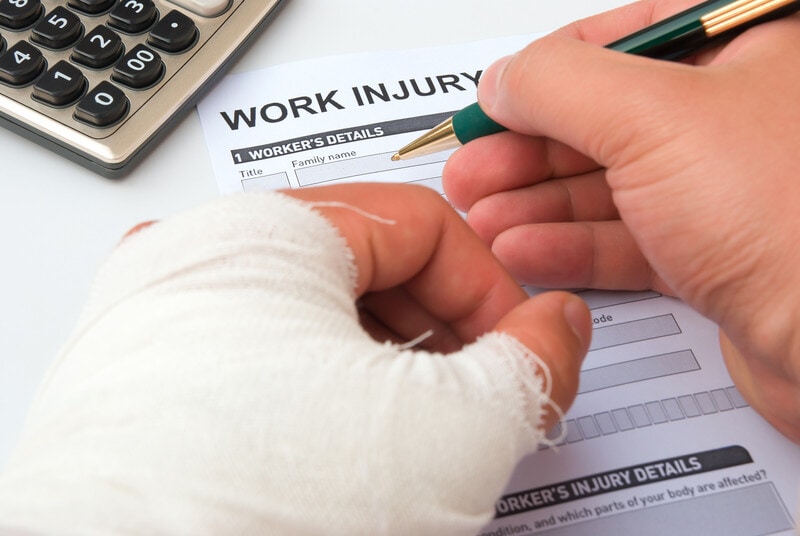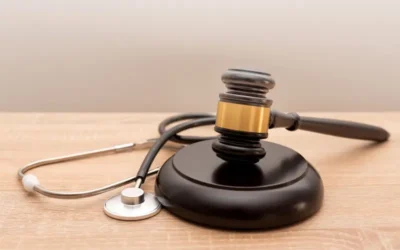Documentation is important in any personal injury case because it will help demonstrate the injuries and damage the plaintiff suffered because of the accident. Medical records of the injured person are among the most significant documents, which makes medical record organization and management indispensable. When making an injury claim, excellent organizational skills are vital to ensure efficiency, save time, and obtain positive results. All related paperwork, calendar, and notes have to be well organized.
Let us first consider the different types of documents that are necessary in a personal injury claim.
- Accident report: If the injury is caused in an auto accident, for example, you can get an accident report from the local police department. The application for this must be made as soon as possible.
- Medical records: These records must be requested from the ambulance service, hospital, physical therapy, and other institutions that provided the injured person medical services and care after the accident. Apart from this, medical records should also be obtained from the victim’s primary care doctor to prove how well he/she was before the accident and how seriously the injury has affected their life. Copies of all medical bills, receipts, prescriptions, discharge information and other documents from the healthcare providers must also be carefully maintained. Other documentation include admitting charts, exam and test results, doctors’ and nurses’ notes, and doctors’ medical narratives. Medical records are of immense significance because they are required for medical record analysis, an important step in the claim filing and processing procedure.
- Lost wages documentation: The plaintiff’s treating doctor’s notes are required to justify his/her lost wage claim. This note must contain dates/time periods during which the injured person was unable to work. The next thing to have is a letter from the employer that states the injured person’s job title, rate of pay, number of hours he/she typically works per week including overtime, the number of days of work he/she missed including vacation and sick days, and the total amount of wages lost.
- Insurance policy: This is important to have a clear idea about the insurance coverage available.
- Written communications from the insurer: It is best to communicate with the insurance company via email rather than telephone. Maintain copies of all emails sent and received.
- Photos of injuries and damage to property: This will help establish the serious nature of the injury and damage. These photos can be provided as evidence along with the bills submitted. If the injury was caused by a car accident, property damage documents could include towing bills, body shape estimates for repairs, and out-of-pocket costs for a rental vehicle. Also, receipts/estimates for damaged personal things such as cell phones, eyeglasses and clothing could be kept.
- Witness statements: These can be collected from eyewitnesses and will help support the accident claim.
The request for various documents required should be made at the earliest.
Being systematic and organized will help relieve stress to a great extent after an accident or injury. Besides, it will also help identify whether any information is missing and whether there are gaps in the documentation.
While an attorney can provide the required support in collecting and organizing the vital documents for the personal injury case, the injured person would do well to ensure good record keeping. Some tips in this regard include the following:
- Have a file box and folders to place in it. Each key area of the claim, whether property damage records, medical records, medical bills, physical evidence such as photographs, communications and so on, should have specific folders.
- Have a specific place at home to keep the accident file. Ensure that this place is safe to keep the paper work free from fire hazards, waterworks and traffic.
- File any updates or new information regarding the injury claim promptly, without delay. Procrastination could lead to total disarray.
Given the importance of proper organization of all documentation, claimants could benefit from the assistance of a personal injury lawyer. Lawyers can deal efficiently with insurance companies and negotiate claims with more authority than the claimants themselves. With the support of medical record retrieval companies, lawyers can easily handle requests for medical records and review other aspects of the case.




